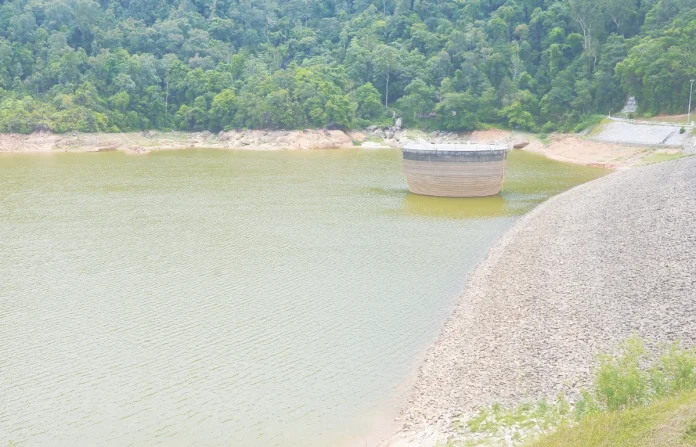Malaysia should avoid exporting its rare earth elements (REE) in raw form like some African nations that lose economic value by selling unprocessed minerals abroad.
PETALING JAYA: Malaysia should avoid exporting its rare earth elements (REE) in raw form like some African nations that lose economic value by selling unprocessed minerals abroad, said Universiti Malaysia Kelantan Research Management Division director Assoc Prof Dr Abdul Hafidz Yusoff.
He said Malaysia, which holds an estimated 16 million metric tonnes of REE valued at around RM800 billion, must ensure that extraction and processing are guided by technological capability and industrial strategy rather than short-term profit.
“If we mine and sell REE without developing our own processing technology, we will lose out economically.
It would be similar to African countries that export raw minerals and later buy back the finished products at much higher prices,” he told theSun when contacted.
Abdul Hafidz explained that REE is a critical resource for the electrical and electronics industries, particularly in producing batteries for electric vehicles (EVs), as well as in defence applications such as rocket systems.
He added that countries such as China dominate the global EV market largely because they possess REE reserves domestically, while the United States, led by companies such as Tesla, is racing to secure alternative REE sources to remain competitive.
Abdul Hafidz stressed on the importance of developing a complete industrial ecosystem, saying Malaysia must strengthen its capabilities across the REE value chain – covering upstream (exploration), midstream (processing) and downstream (product manufacturing) stages.
“Malaysia’s policy currently prohibits the export of raw REE, so strengthening our midstream processing industry is crucial.
“Without it, we can’t fully benefit from our REE potential,” he said.
He added that developing local REE technology and processing capacity would allow Malaysia to position itself as a key player in the regional green technology and EV sectors.
Abdul Hafidz welcomed Malaysia’s latest move to advance REE processing technology through collaboration with Indonesia’s National Research and Innovation Agency (NRIA).
He said NRIA already possesses midstream processing expertise, particularly in the separation of REE elements, although current operations remain small-scale.
“This is a positive development.
Even though NRIA’s separation process is still small-scale, it shows that the technology works,” he said.
Malaysia is set to become the first country outside China to establish a pilot plant for processing REE from ion adsorption clay (IAC) sources, following a strategic collaboration between NRIA and Universiti Teknologi Petronas (UTP).
The agreement was formalised at the Indonesia Research and Innovation Expo in Jakarta, involving NRIA’s Research Centre for Nuclear Material and Radioactive Waste Technology, Kuala Lumpur-based Greensnow Sdn Bhd, and several Malaysian research partners.
NRIA’s Nuclear Energy Research Organisation head Syaiful Bakhri said the project reflected both nations’ commitment to advancing nuclear energy and rare earth mineral research.
“NRIA has mastered the separation technology for uranium, thorium and rare earth metals.
Through this collaboration, we aim to apply our research findings further and promote joint downstream technology development with Malaysia,” he said.
Indonesia currently has the technical capability to separate rare earth metals with uranium and thorium purity levels below 50 parts per million and a pilot-scale processing capacity of up to 50kg per batch.
The Malaysian pilot plant will be developed with technical support from NRIA and assistance from local institutions, including public universities and national technology agencies.
Once completed, the facility will be the first in the world outside China to process REE from IAC sources, positioning Malaysia strategically to develop downstream industries such as magnet, battery and green energy component manufacturing.
Greensnow Sdn Bhd chief executive officer Nik Abdul Mubin Nik Mahmood said the pilot plant at UTP would build on earlier joint research with NRIA.
“The private sector participation complements the broader government-to-government initiative focused on technology development, knowledge transfer and innovation between the two Asean neighbours.”








